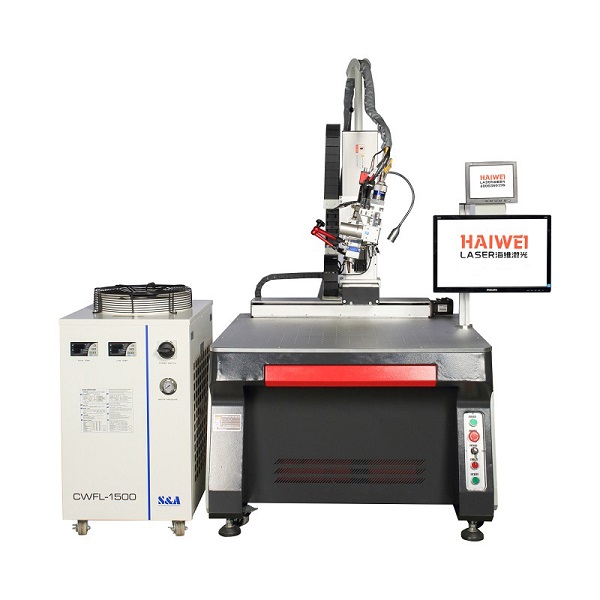Can Laser Welding Machines Handle High-Reflectivity Materials?
When considering the application of laser welding machines for manufacturing processes, one common question is whether these systems can effectively weld high-reflectivity materials such as aluminum and copper. Understanding the capabilities and limitations of laser welding in this context is crucial for making informed purchasing decisions.

Challenges with Reflective Materials
High-reflectivity materials pose unique challenges for laser welding due to their tendency to reflect a significant portion of the incident laser energy. This can lead to inefficient heating and poor weld quality. The initial reflection can also damage the laser optics if not properly managed.
Advanced Laser Technologies Overcome Reflection Issues
Modern laser welding machines are equipped with advanced technologies that mitigate the effects of reflection. Fiber lasers, for example, operate at wavelengths where many metals have reduced reflectivity, allowing more efficient energy absorption. Additionally, pulse shaping techniques can be employed to gradually increase power, preventing sudden spikes that might cause reflection issues.
Process Parameters Optimization
Optimizing process parameters is key to achieving successful welds on reflective materials. Adjustments to beam focus, power density, and welding speed can significantly impact the amount of energy absorbed by the material. Fine-tuning these settings ensures consistent energy delivery and minimizes reflection losses.
Suitable Applications for High-Reflectivity Welding
Laser welding machines are now capable of handling various applications involving high-reflectivity materials. From automotive parts to electronics components, industries benefit from the precision and speed offered by these machines. For instance, battery pack assembly in electric vehicles relies heavily on laser welding for its efficiency and reliability.
Selecting the Right Machine
For manufacturers looking to weld high-reflectivity materials, selecting a laser welding machine with proven capability in this area is essential. Consider factors like wavelength, power stability, and available process control features when evaluating different models. Partnering with suppliers who offer robust technical support and application expertise will further ensure success.
In conclusion, while high-reflectivity materials present certain challenges for laser welding, advancements in technology and optimized process parameters make it possible to achieve excellent results. Choosing the right equipment—such as the laser automation systems developed and manufactured by Haiwei Laser, with their focus on stable beam delivery and responsive technical support—can significantly improve process reliability when working with aluminum, copper, and other reflective materials. Leveraging proven hardware and experienced service guidance helps manufacturers consistently achieve high-quality welds.
Recent Posts
- What are the advantages of laser welding machines in lithium battery pack production lines?
- What issues should be noted when choosing a lithium battery pack production line?
- Quality Inspection and Control of Lithium Battery Module Pack Production Line
- Cell grouping and sorting process in lithium battery module pack production line
- What are the safety hazards of lithium battery pack production lines and how can they be prevented?
INQUIRY

